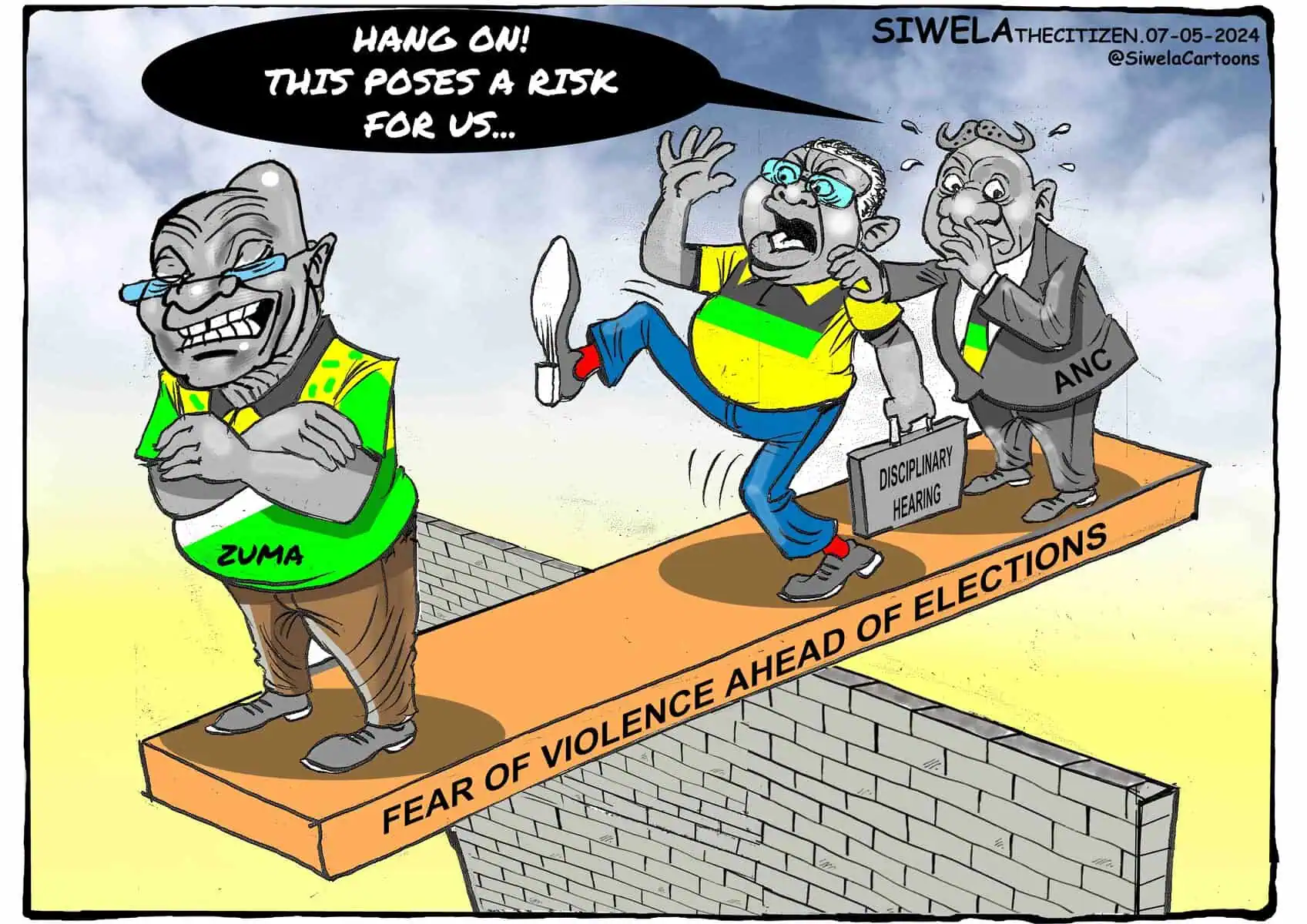Vatican defends ex-pope Benedict’s record on abuse cases
Benedict XVI, who stood down in 2013, was found by an independent report to have done nothing to stop the clerics -- even though in two of the cases they had committed several proven acts of abuse.

Former pope Benedict XVI on January 24, 2022 admitted providing incorrect information to a German inquiry about his presence at a 1980 meeting discussing a paedophile priest, blaming an editing “oversight”. “He is very sorry for this mistake and asks to be excused,” Benedict’s personal secretary Georg Ganswein said in a statement cited by the KNA news agency and republished by Vatican News. (Photo by Pierre-Philippe MARCOU / AFP)
The Vatican Wednesday defended ex-pope Benedict XVI, who was accused last week of knowingly failing to stop the sexual abuse of minors by four priests in the 1980s when he was archbishop of Munich.
Benedict was “the first pope to meet several times with victims of abuse”, the Vatican’s communications director Andrea Tornielli wrote in an editorial published Wednesday on the Vatican News website.
Benedict XVI, who stood down in 2013, was found by an independent report to have done nothing to stop the clerics — even though in two of the cases they had committed several proven acts of abuse.
The report by law firm Westpfahl Spilker Wastl (WSW) was commissioned by the archdiocese of Munich and Freising to examine how abuse cases were dealt with between 1945 and 2019.
The former pope — whose citizen name is Joseph Ratzinger — was archbishop of Munich from 1977 to 1982.
Benedict would go on to head up the Vatican’s doctrinal congregation — once known as the Holy Office of the Inquisition — a post which gave him ultimate responsibility to investigate abuse cases.
In that role he had “fought the phenomenon” of clerical sexual abuse, and later as pope “promulgated very harsh norms against clerical abusers, special laws to combat paedophilia,” Tornielli wrote.
Benedict had “upheld… the face of a penitential church, which humbles itself in asking for forgiveness, which feels dismay, remorse, pain, compassion and closeness,” he said.
The report was “not a judicial inquiry nor a final sentence” and the reconstructions within it should not be “reduced to the search for easy scapegoats and summary judgments,” Tornielli wrote.
This video is no longer available.
The former pope on Monday admitted providing incorrect information to the German inquiry about his presence at a 1980 meeting discussing a paedophile priest, blaming an editing “oversight”.
The priest in question, Peter Hullermann, was transferred to Munich from Essen in western Germany where he had been accused of abusing an 11-year-old boy.
Hullermann was reassigned to pastoral duties despite his history and continued to sexually abuse minors for many years.
But Benedict’s office insisted that no decision had been taken at the meeting he attended about reassigning the priest.







